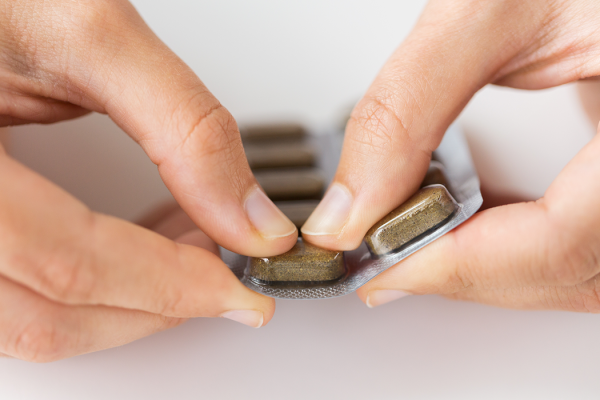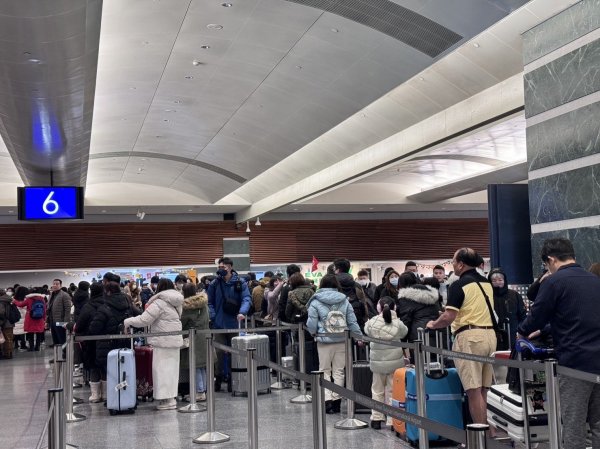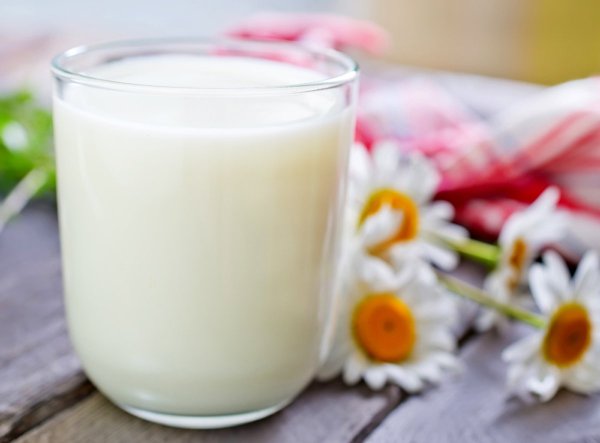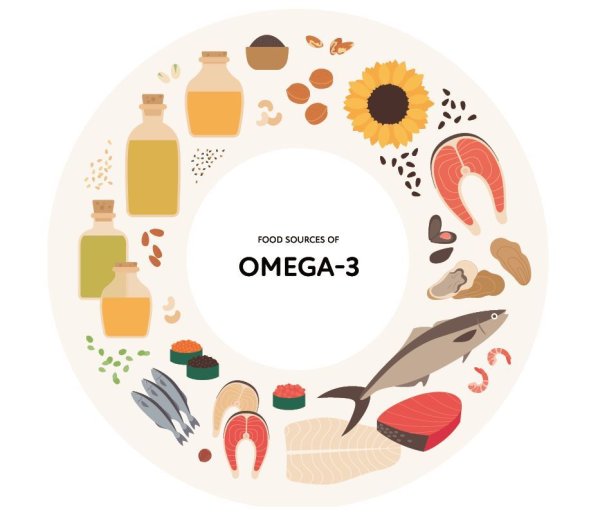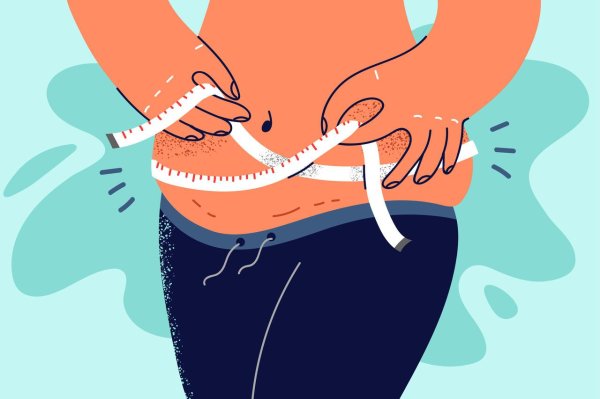To get a good time, study reveals that drinking coffee in the morning may be the best for health

There are many benefits to getting coffee appropriately, including improving heart health and prolonging life, but the latest research has found that this depends on the time you drink coffee. According to reports from
CNN and other reports, according to the latest research published in "European Heart Magazine" on the 7th, morning coffee consumption may be the best for health results, and it seems to have nothing to do with intake and other potentially influencing factors.
The principal author of the study, Professor of Public Health and Hot Medicine at Dulan University, New York "This is the first study to test coffee drinking time patterns and health results. We don't usually provide advice on time arrangements in our dietary guidelines, but maybe we should consider this." The study noted that most past studies that examined the changes in coffee intake at any time found that appropriate coffee consumption may be related to reducing type 2 diabetes, cardiovascular disease and premature mortality risks.
The authors studied the national health and nutrition inspection survey conducted between 1999 and 2018, a total of 4725 adults 18 years old and above calculated the diet and health data of 40,725 adults aged 18 and above, and divided the coffee time of the subjects into three periods, namely morning (4 a.m. to 12 noon), afternoon (12 noon to 5 p.m.) and evening (5 p.m. to 4 a.m.).
Results found that compared with those who do not drink coffee, only those who drink coffee in the morning had a 16% lower risk of premature death for any reason, and those who die from cardiovascular disease were 31%, while those who drink coffee all day had no lower risk of death.
Research points out that for morning coffee drinkers, it doesn't matter how much caffeine or decaffeinated coffee is consumed, whether less than one or more than three cups, the risk of death is lower than that of other times.
Vanessa King, a registered nutritionist who was not involved in the study and spokesperson for the Academy of Nutrition and Dietetics, said that this was an observational study, meaning it was not a study done in an experimental environment. The study emphasized that it only established the correlation between morning coffee drinking and premature death risk, not causality, but said that the results of the study "are intentional because the primary cause of death in the United States is cardiovascular disease."
In addition, experts have pointed out that one possible explanation for this discovery is that drinking coffee in the afternoon or evening may cause hindering hormone levels such as physiological clocks and melatonin. Inadequate secretion of melatonin is related to increased blood pressure, oxidation, and increased risk of cardiovascular disease.
Kin said coffee contains antioxidants that can reduce intracorporeal inflammation by neutralizing free radicals that may increase the risk of cardiovascular disease.
The study author group pointed out that some inflammation markers in the blood have their own physiological clocks, usually the highest in the morning, so they focus on the pattern of drinking coffee in the morning, and the anti-inflammatory effect may be better than other times.




